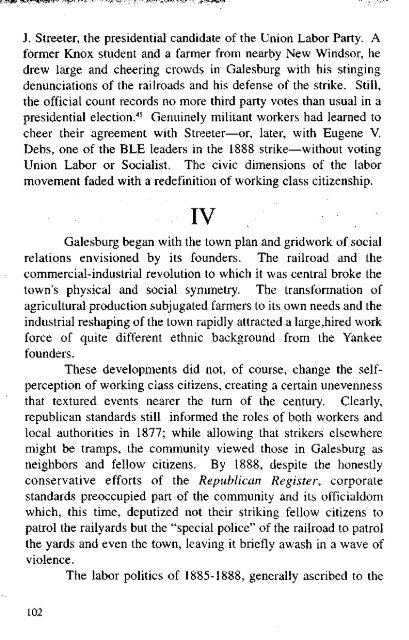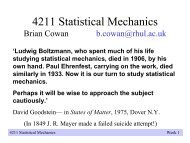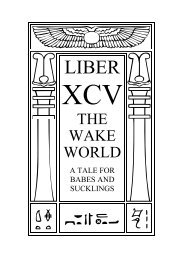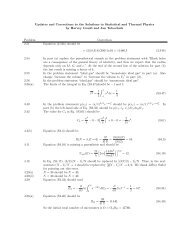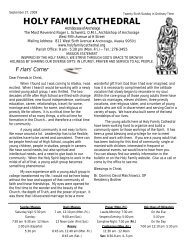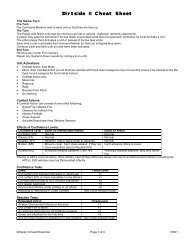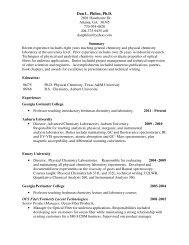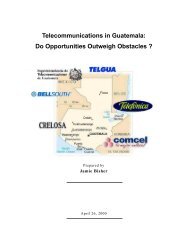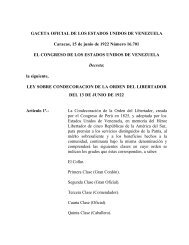"The Cruel Striker War" - NIU Digital Projects
"The Cruel Striker War" - NIU Digital Projects
"The Cruel Striker War" - NIU Digital Projects
You also want an ePaper? Increase the reach of your titles
YUMPU automatically turns print PDFs into web optimized ePapers that Google loves.
J. Streeter, the presidential candidate of the Union Labor Party. A<br />
former Knox student and a farmer from nearby New Windsor, he<br />
drew large and cheering crowds in Galesburg with his stinging<br />
denunciations of the railroads and his defense of the strike. Still,<br />
the official count records no more third party votes than usual in a<br />
presidential election. 45 Genuinely militant workers had learned to<br />
cheer their agreement with Streeter—or, later, with Eugene V.<br />
Debs, one of the BLE leaders in the 1888 strike—without voting<br />
Union Labor or Socialist. <strong>The</strong> civic dimensions of the labor<br />
movement faded with a redefinition of working class citizenship.<br />
IV<br />
Galesburg began with the town plan and gridwork of social<br />
relations envisioned by its founders. <strong>The</strong> railroad and the<br />
commercial-industrial revolution to which it was central broke the<br />
town's physical and social symmetry. <strong>The</strong> transformation of<br />
agricultural production subjugated farmers to its own needs and the<br />
industrial reshaping of the town rapidly attracted a large,hired work<br />
force of quite different ethnic background from the Yankee<br />
founders.<br />
<strong>The</strong>se developments did not, of course, change the selfperception<br />
of working class citizens, creating a certain unevenness<br />
that textured events nearer the turn of the century. Clearly,<br />
republican standards still informed the roles of both workers and<br />
local authorities in 1877; while allowing that strikers elsewhere<br />
might be tramps, the community viewed those in Galesburg as<br />
neighbors and fellow citizens. By 1888, despite the honestly<br />
conservative efforts of the Republican Register, corporate<br />
standards preoccupied part of the community and its officialdom<br />
which, this time, deputized not their striking fellow citizens to<br />
patrol the railyards but the "special police" of the railroad to patrol<br />
the yards and even the town, leaving it briefly awash in a wave of<br />
violence.<br />
<strong>The</strong> labor politics of 1885-1888, generally ascribed to the<br />
102


